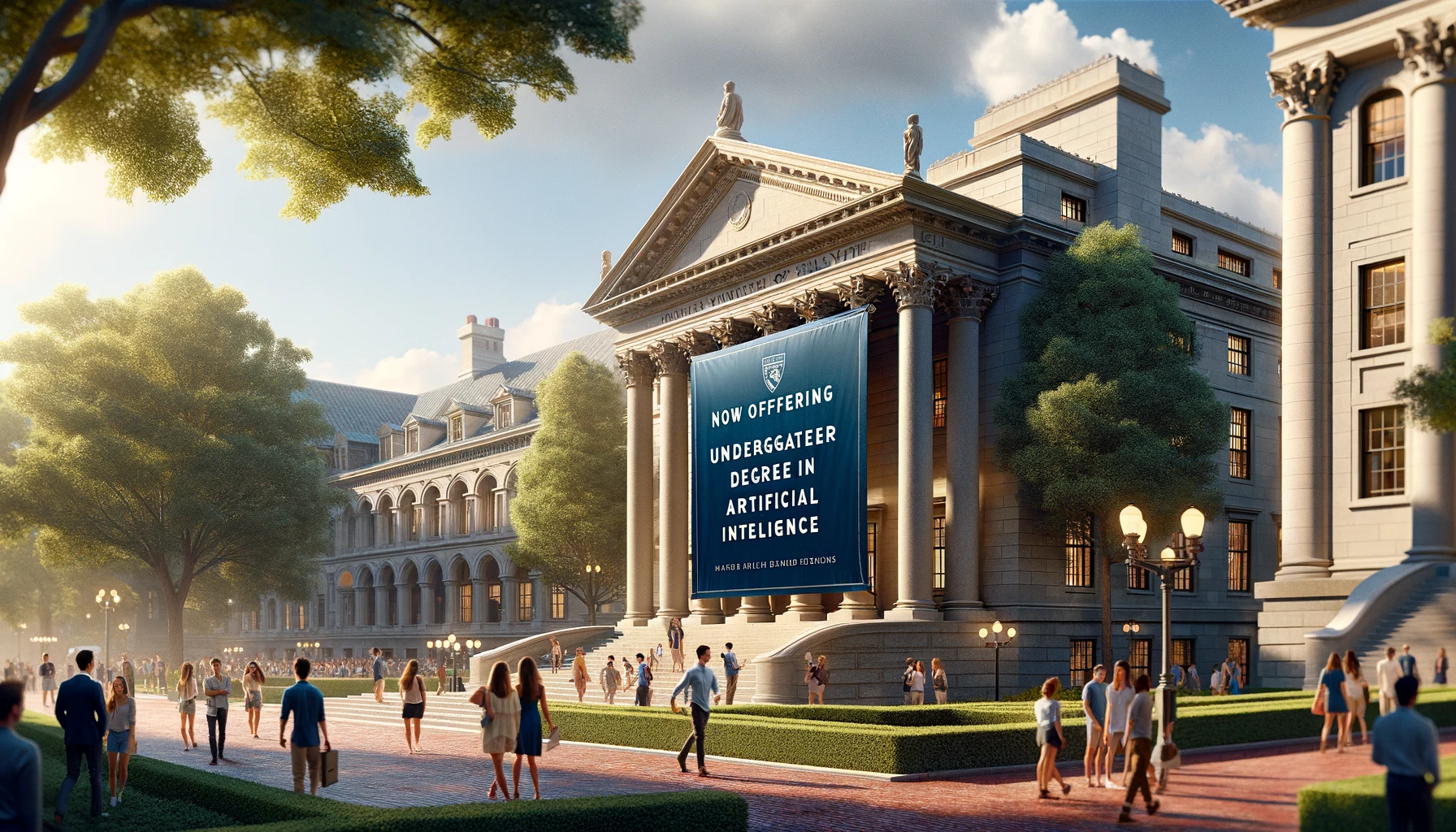In an unprecedented move within the Ivy League, the University of Pennsylvania’s School of Engineering and Applied Science has announced the creation of a bachelor’s degree in artificial intelligence. Named the Raj and Neera Singh Program in AI, this trailblazing undergraduate program is set to welcome its first cohort in fall 2024. It marks a significant milestone as one of the first AI undergraduate degree programs at a major university in the United States, positioning Penn Engineering at the forefront of AI education.
A curriculum designed for innovation
The program’s curriculum is robust, integrating courses in machine learning, computing algorithms, cognitive science, and electrical and systems engineering. This interdisciplinary approach aims to equip students with a comprehensive understanding of AI and its applications. The goal is to empower graduates to develop AI tools responsibly, capable of making significant advancements in fields such as healthcare and scientific research.
Students enrolled in the program can tailor their education through a selection of AI-specific courses. These include Introduction to AI, Machine Learning, Signals & Systems, and others, each designed to dive deep into the various facets of artificial intelligence. Additionally, a unique aspect of the program is its emphasis on project-based learning, with a significant portion of course grades coming from hands-on AI development projects.
Pioneering a future in AI education
Penn Engineering’s initiative is not just about providing an education in AI; it’s about shaping the future leaders of AI innovation. The program is housed in the state-of-the-art Amy Gutmann Hall, named after the university’s former president, providing a cutting-edge environment for learning and research.
The launch of this program signifies Penn Engineering’s commitment to staying ahead in technological education and innovation. According to George Pappas, the UPS Foundation Professor of Transportation in Penn Engineering who will lead the program, this degree is not just about mastering AI technologies. It also aims to educate students on the broader impact of AI on engineering and society.
This sentiment is echoed by Robert Ghrist, Associate Dean of Undergraduate Education at Penn Engineering, who views the program as a reflection of Penn’s forward-thinking ethos. The AI major is seen as a unique integration of efforts from the Computer and Information Science (CIS) and Electrical and Systems Engineering (ESE) departments, allowing students to fully immerse themselves in the AI field.
Addressing the future of AI with responsibility
The introduction of the AI bachelor’s degree comes when the conversation around the ethical and responsible use of AI technology is paramount. Faculty members involved in the program, including Zachary Ives, Chair of the Department of Computer and Information Science, emphasize the importance of training AI to minimize bias and maximize safety.
The program also confronts common concerns about AI’s impact on employment, with educators arguing that AI integration into all professions is inevitable and that there is a high demand for educated leaders in this new technological era.
Penn Engineering’s AI bachelor’s degree sets a precedent for AI education within the Ivy League and addresses the critical need for responsible, innovative leaders in the field. As the world increasingly relies on AI for solving complex problems across various sectors, programs like Penn’s are essential for preparing the next generation of experts to tackle these challenges head-on.
A Step-By-Step System To Launching Your Web3 Career and Landing High-Paying Crypto Jobs in 90 Days.
